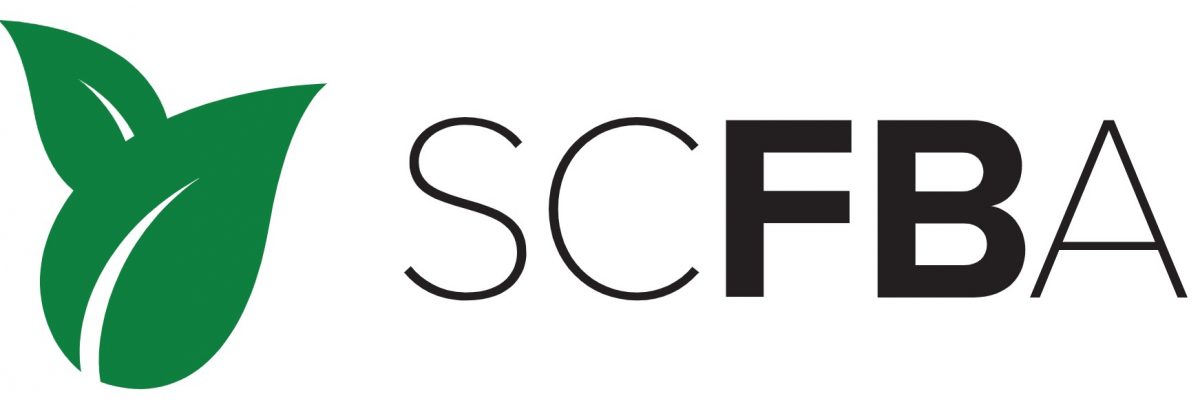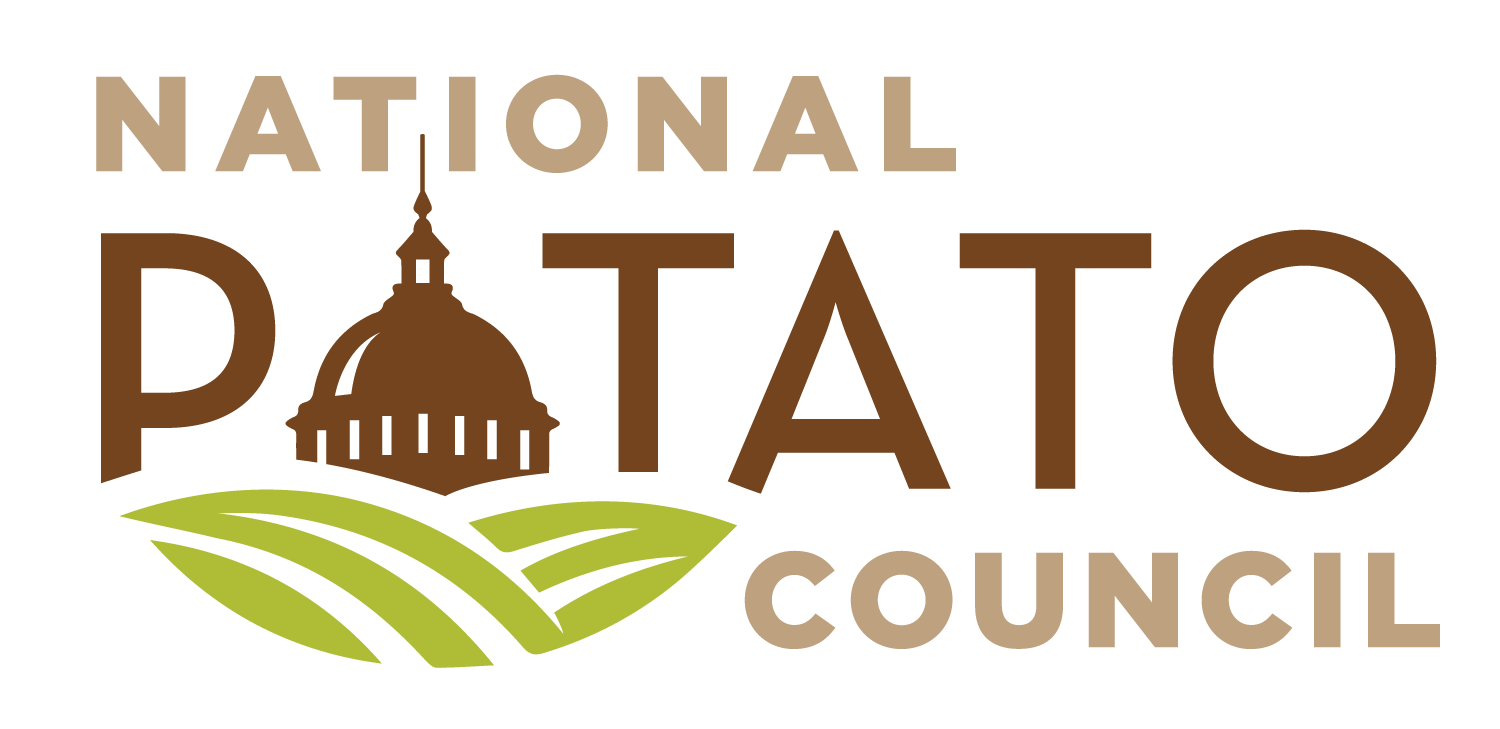Revenue model would eliminate hurdles to participation

As co-chairs of the Specialty Crop Farm Bill Alliance (SCFBA) – a national coalition of more than 120 specialty crop organizations – NPC joined United Fresh, Western Growers, and the Florida Fruit and Vegetable Association on a letter sent Aug. 25 to USDA Undersecretary Bill Northey calling for additional enhancements to the department’s COVID relief programs. One of the CEOs’ key recommendations include moving to a “revenue model” that would eliminate some of the hurdles to participation in the current program.
“It is very positive news that Secretary Perdue has announced that a new version of CFAP is coming out in the next few weeks. Moving to a simpler model that allows all impacted growers to qualify was, and remains, our original goal,” said RJ Andrus, NPC VP of Legislative and Government Affairs.
While recognizing the positive changes made to the Coronavirus Food Assistance Program (CFAP) to allow for greater specialty crop participation, group argued that more enhancements are necessary to provide equitable relief for the industry. Since the current CFAP was announced, the specialty crop industry has lagged far behind other commodities in providing relief to impacted growers.
In particular, the group urged USDA to:
- Simplify CFAP by moving to a “revenue” model that provides relief based on the individual grower’s losses, rather than the current confusing matrix of conditions and payment levels;
- Expand the CFAP eligibility window to allow for relief for losses incurred after April 15, 2020, the current cut-off date;
- Increase the payment cap beyond current levels;
- Better engage with producers, state and local ag departments, and specialty crop trade associations to enhance program signups; and,
- Provide financial assistance to growers for testing, PPE, and future vaccines or medicines for their farm workers.
The full letter can be found here.

